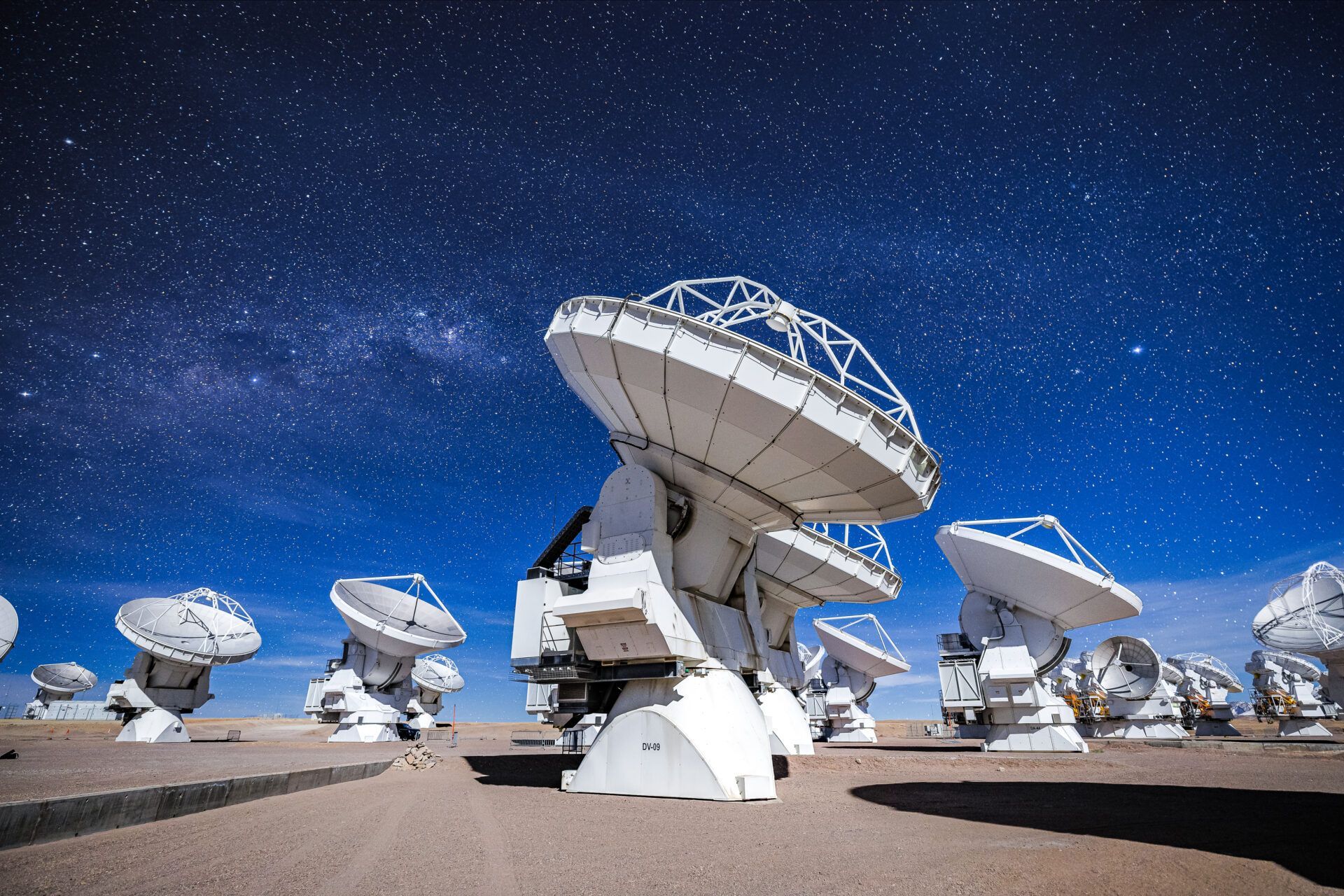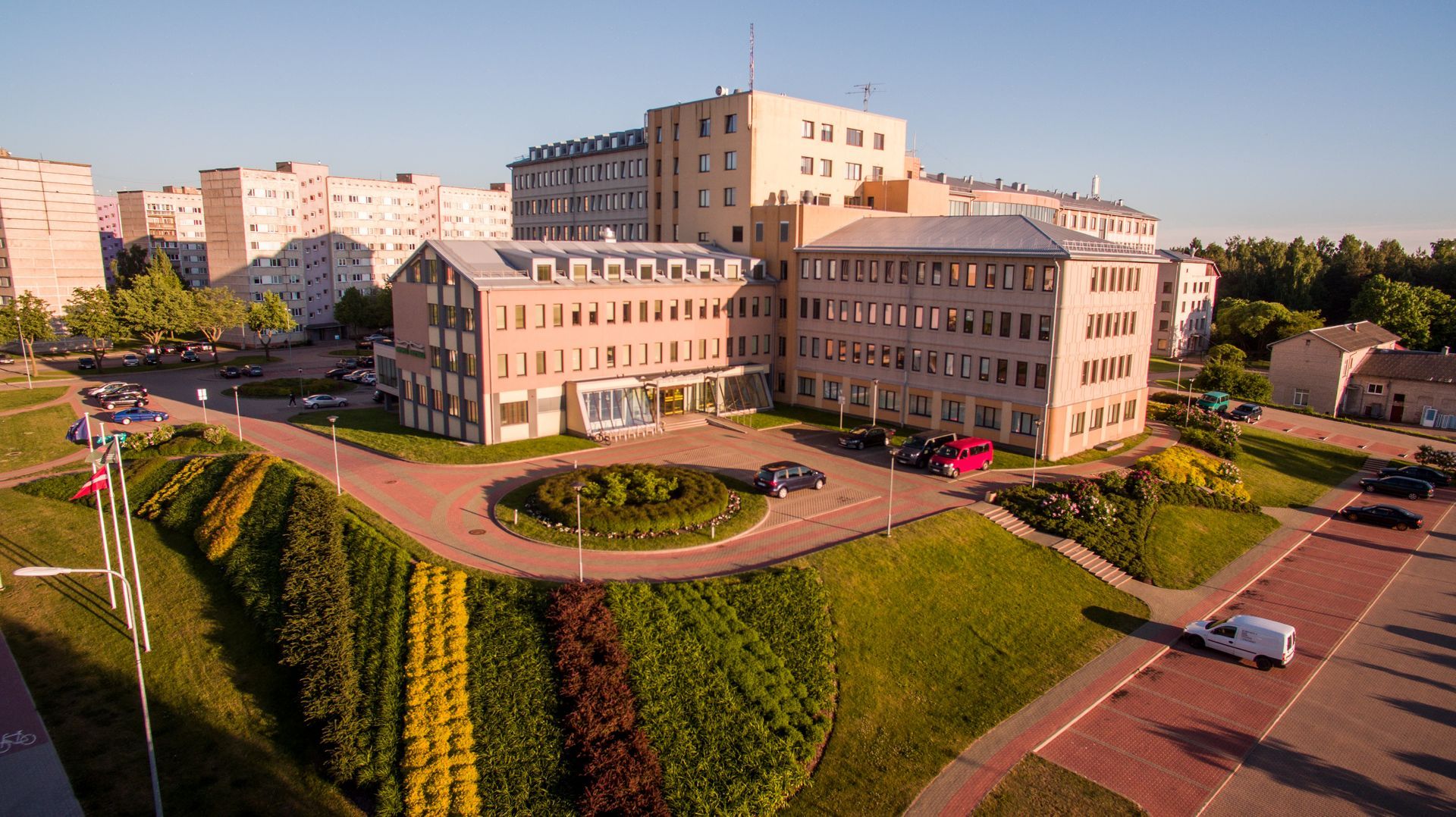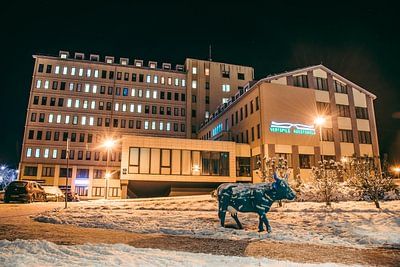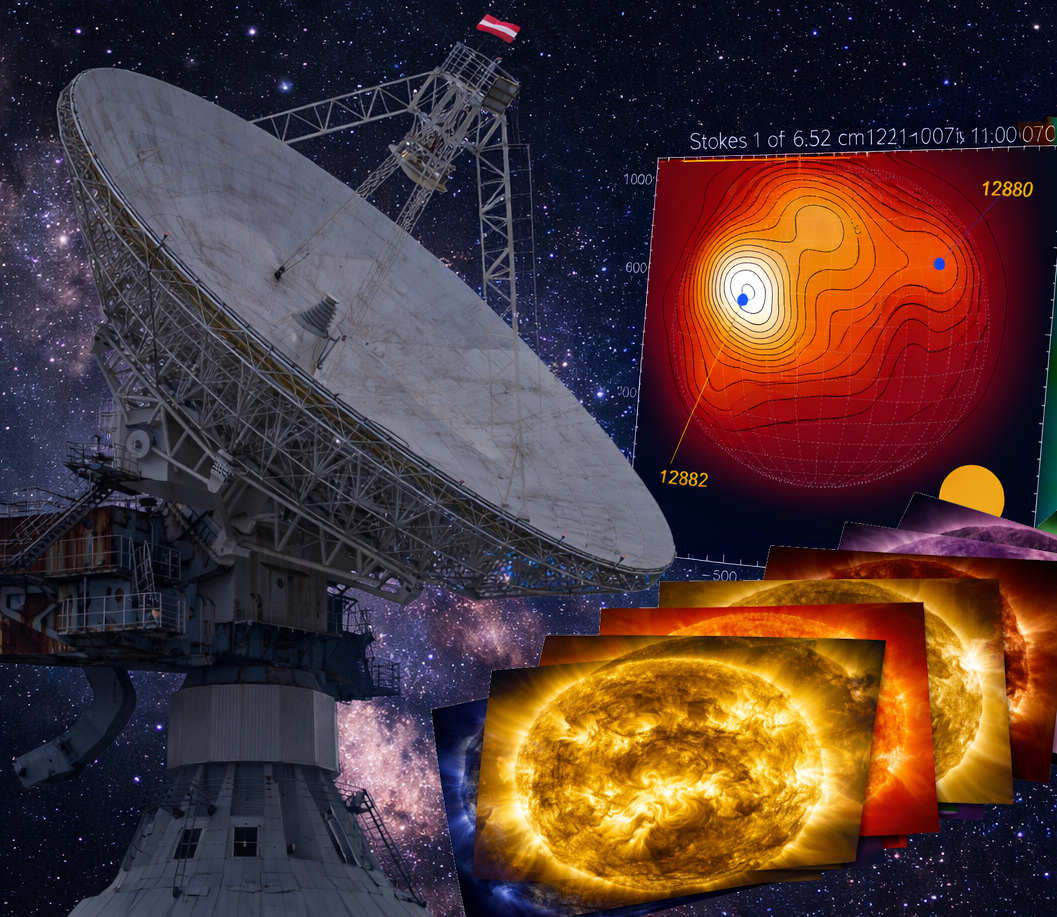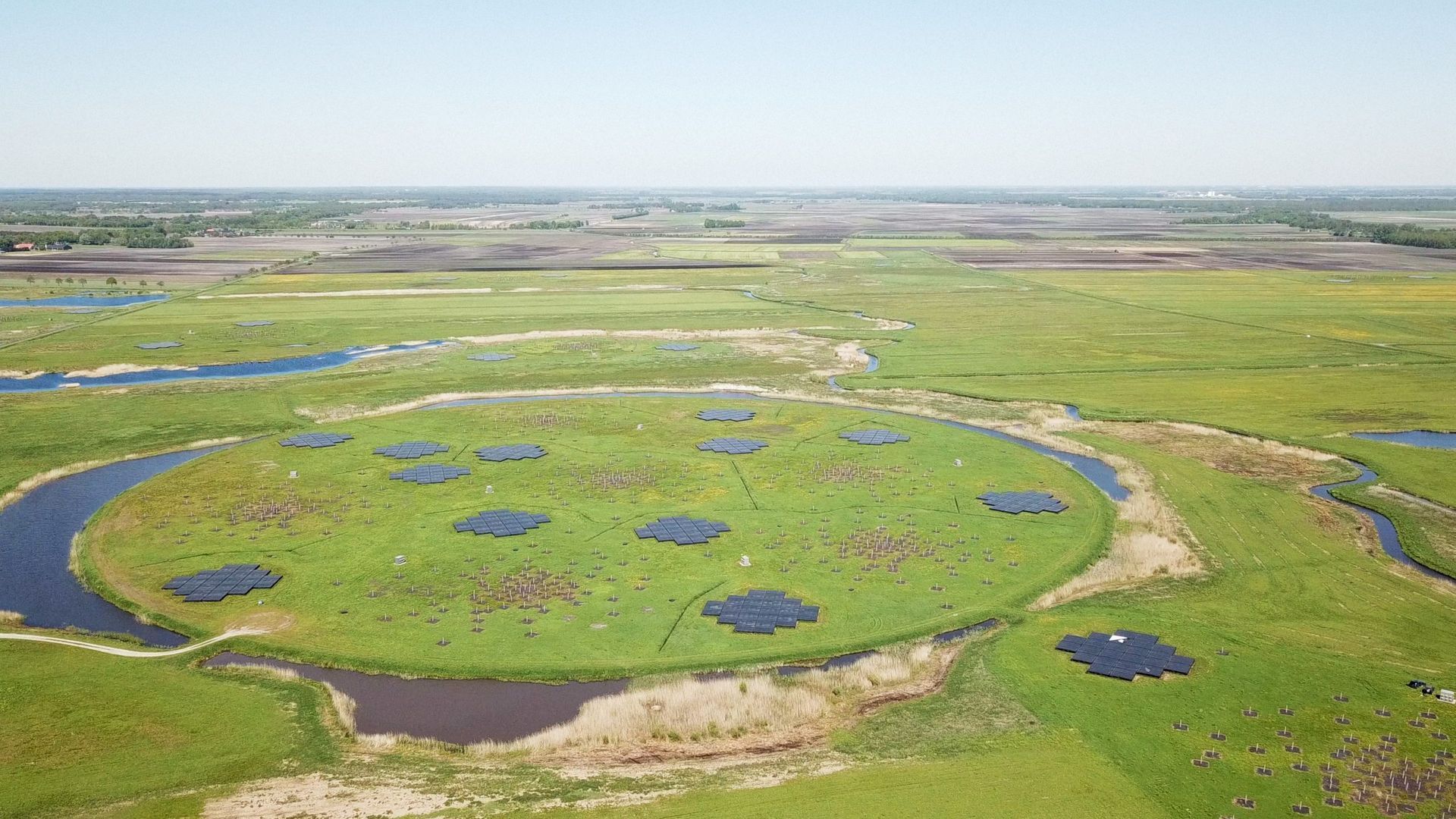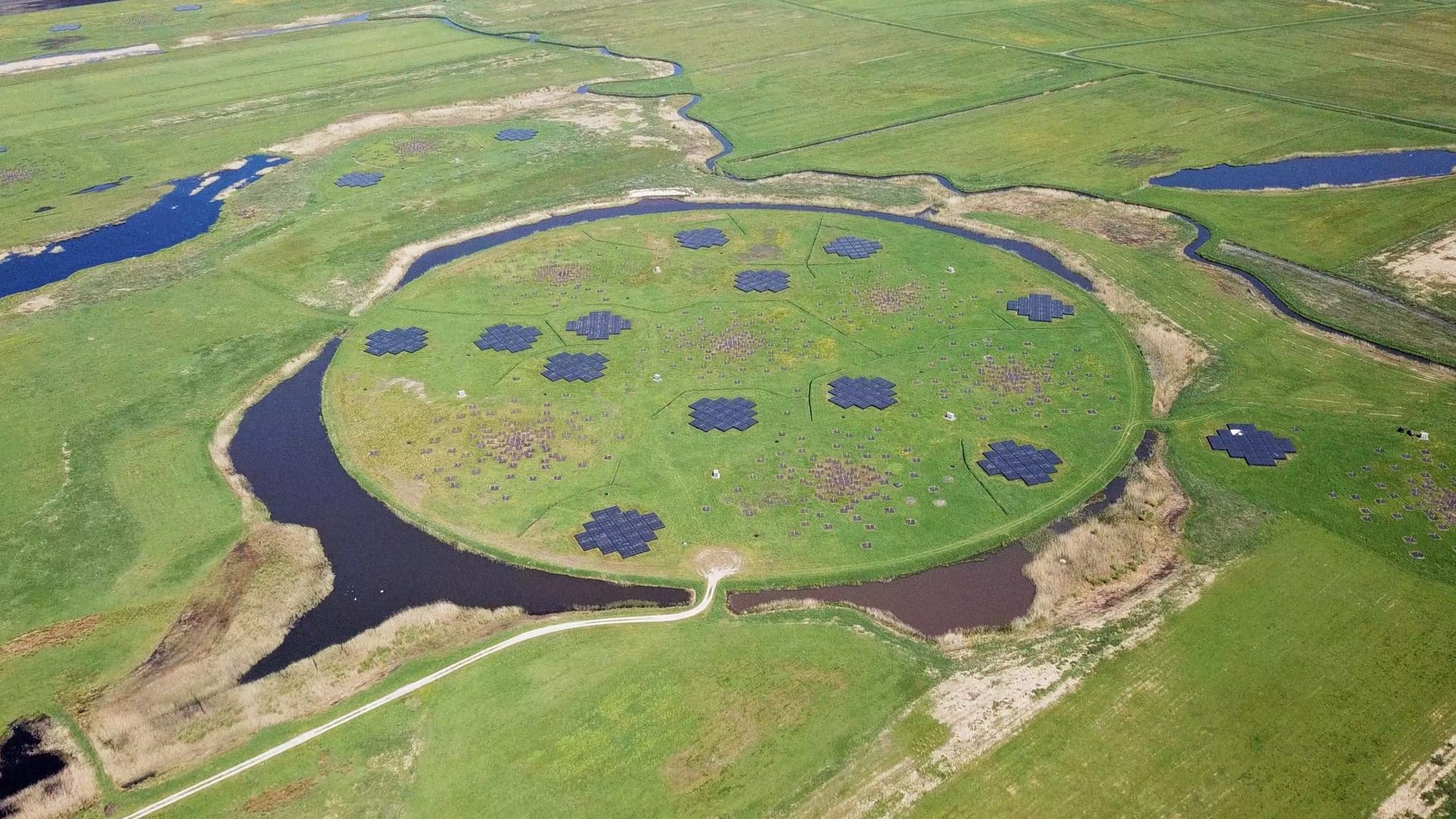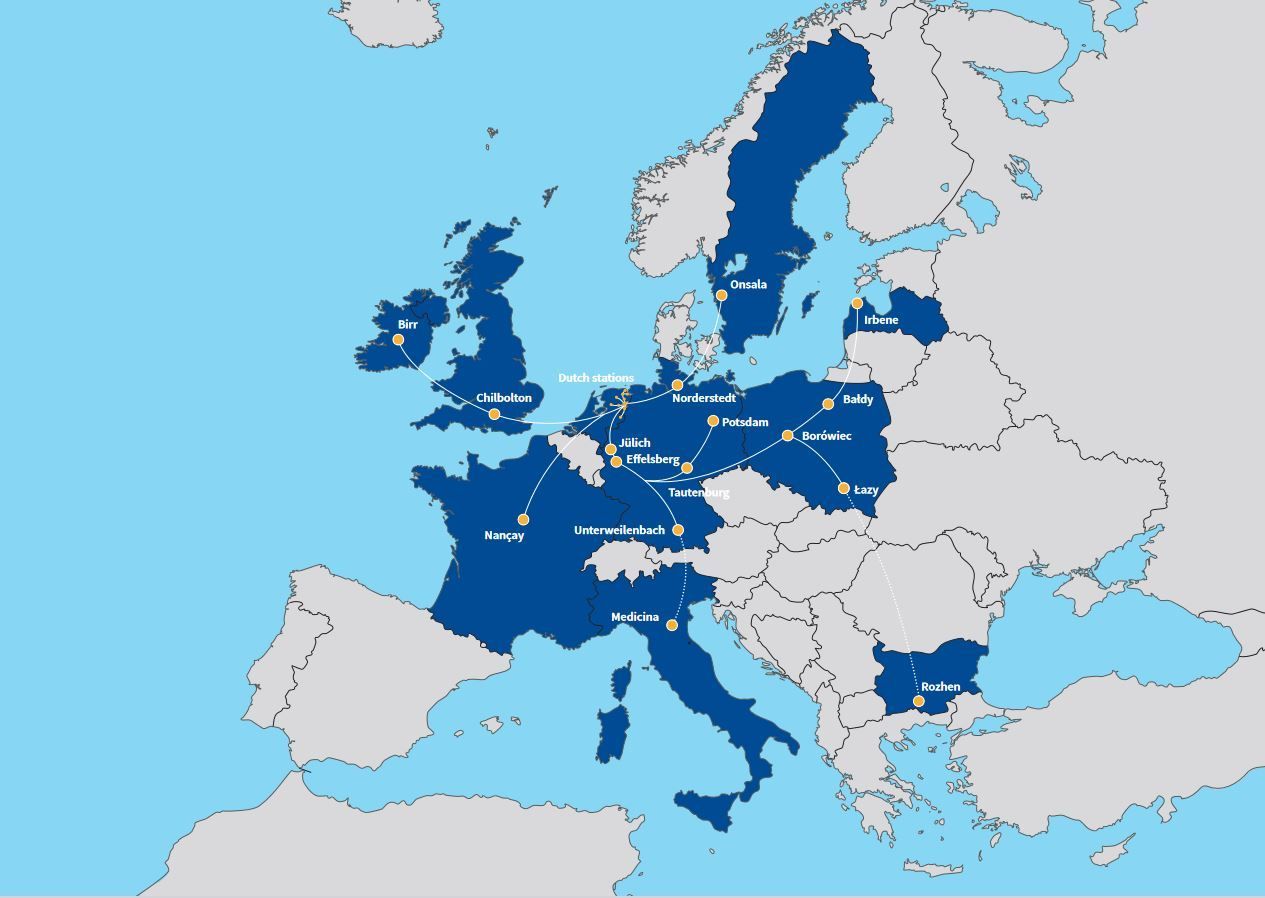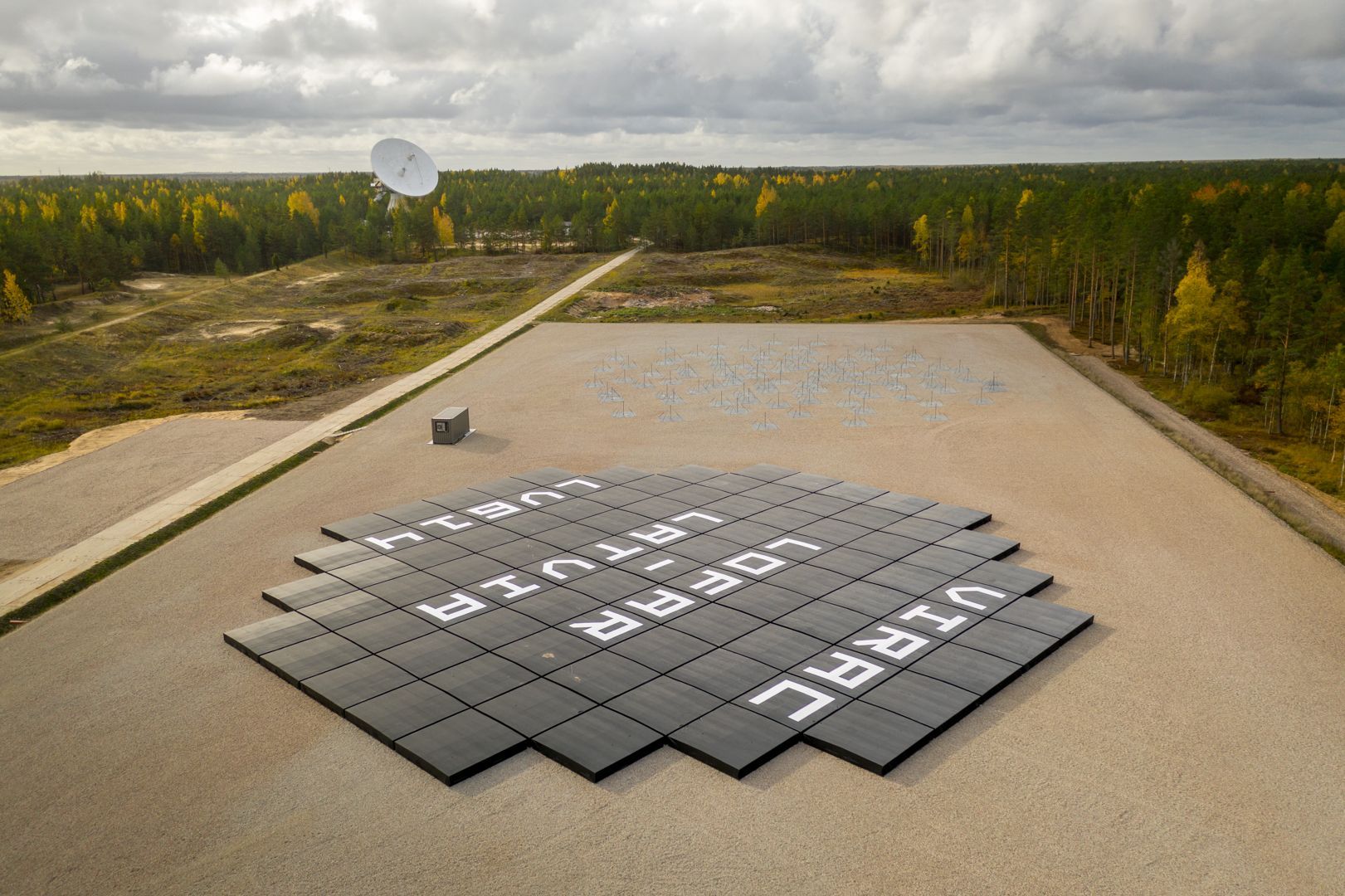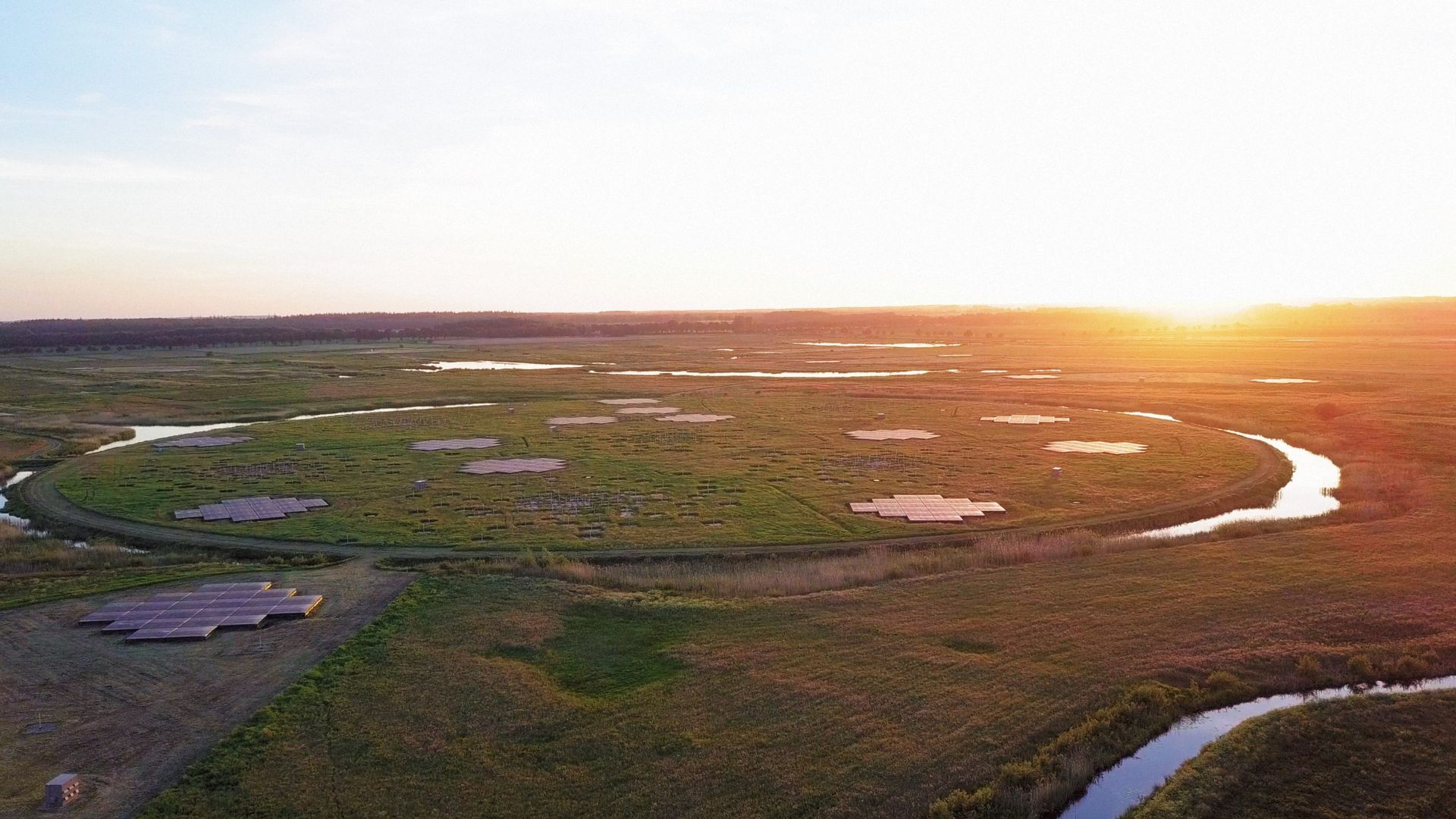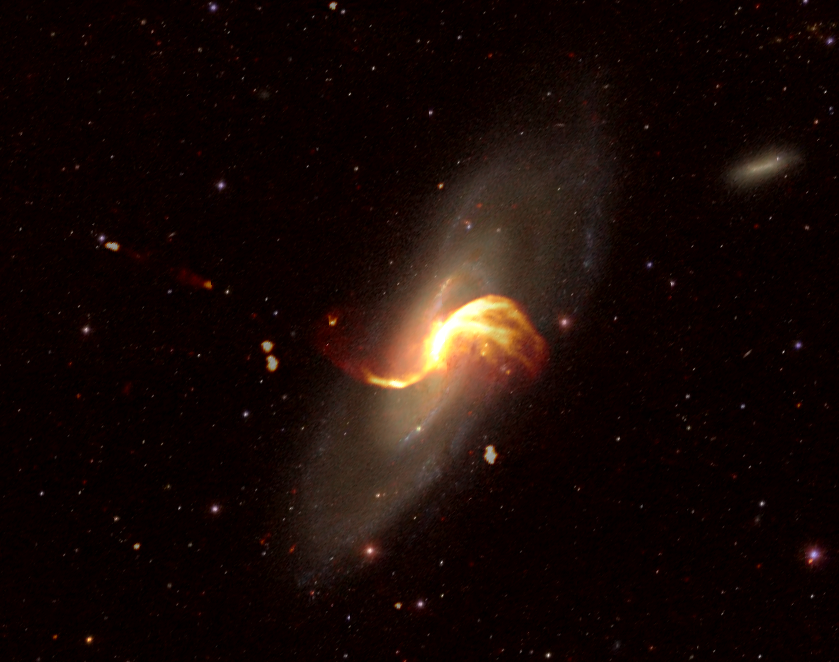LOFAR ERIC: Distributed Research Infrastructure for European Astronomical Research Launched
LOFAR ERIC (European Research Infrastructure Consortium) has been officially launched at its first Council meeting ON 22 January 2024. The world-leading LOFAR (LOw Frequency ARray) Distributed Research Infrastructure has already revolutionized low-frequency radio astronomy research, resulting in an avalanche of scientific publications in the past decade. LOFAR ERIC is now a single legal entity across the European Union.
LOFAR ERIC will implement a substantial upgrade across the distributed infrastructure, and serve the astronomy community with a cutting-edge suite of observing and data processing capabilities, rooted in its vast field of view on sky, unprecedented sensitivity and image resolution, and novel capabilities to observe in multiple directions all at once. Further development paths for the longer term are under study.
LOFAR ERIC, set up with a long-term perspective, will provide transparent access to a wide range of science research services for the European and global community, fostering collaborations, and empowering researchers to pursue large-scale innovative projects across scientific domains, including the properties of the distant young universe, the formation and evolution of galaxies, the physics of pulsars and transient radio phenomena, the nature of ultra-high energy cosmic particles, the conditions in the interstellar medium, and the structure of cosmic magnetic fields. Furthermore, LOFAR ERIC contributes unique scientific insights into diverse topics with societal relevance, such as lightning, ionospheric disturbances, and Space Weather. LOFAR ERIC will facilitate access through its user-friendly publicly open archive for multiple use of its extensive science data products.
LOFAR ERIC's Founding Members are Bulgaria, Germany, Ireland, Italy, the Netherlands, and Poland. Collaborations with institutes in France, Latvia, Sweden, and the United Kingdom secure further participation in the LOFAR distributed infrastructure and research programme. The LOFAR ERIC statutory seat is in Dwingeloo, the Netherlands, hosted by NWO-I/ASTRON (Netherlands Institute for Radio Astronomy; the original designer of LOFAR).
Researcher from VUAS ERI VIRAC Vladislavs Bezrukovs participated in this meeting and was the Council representative of our institute. VIRAC is a science education centre specializing in a large variety of research fields such as astronomy and astrophysics, high performance computing, satellite engineering, and antenna development. The mission of VIRAC is to become a leading scientific research infrastructure and a global provider of research services in astronomy and space technology by building a competitive team of researchers. Researchers from Latvia are frequent users of the full LOFAR infrastructure. VIRAC is the coordinating organization for the Latvian LOFAR Consortium, LOFAR-Latvia, and has been a member of the Stichting ILT since 2019. VIRAC owns and operates the LOFAR station LV614, located in Irbene, with a data connection to the LOFAR central domain.
"The establishment of LOFAR ERIC consolidates world-leading excellence for Europe in an important research field," said Dr. René Vermeulen, founding director of LOFAR ERIC. "With its unrivalled distributed research infrastructure and its robust pan-European partnership, LOFAR ERIC enters the European Research Area as a powerhouse at the cutting edge of astronomy science and technology, with the potential to contribute to broader complex challenges."
For more information about LOFAR ERIC and its initiatives, please visit the LOFAR ERIC website.
About LOFAR ERIC:
LOFAR ERIC (LOw-Frequency ARray European Research Infrastructure Consortium) is securing the future of low-frequency radio astronomy by exploiting the LOFAR Distributed Research Infrastructure as a world-leading observatory for large-scale astronomical research. LOFAR ERIC consolidates Europe's global leadership in the field. It was set up by the European Commission on 20 December 2023. LOFAR ERIC's founding members are Bulgaria, Germany, Ireland, Italy, the Netherlands, and Poland. Institutes in France, Latvia, Sweden, and the United Kingdom also collaborate in LOFAR ERIC.
About LOFAR:
LOFAR is the world’s largest and most sensitive radio telescope operating at low radio frequencies, between 10 and 240 MHz. It is a distributed research infrastructure that consists of multiple antenna stations, geographically distributed across Europe, all driven in software and with powerful computing and massive data storage at several distributed data centres. Jointly operated, this forms a unified, highly agile and capable observing and data processing system. With a sensitivity more than a hundred times better than any previous telescope at these frequencies, unparalleled image resolution across a large field of view, and capabilities to observe simultaneously in multiple directions, LOFAR is by far the most powerful low frequency telescope on the planet, and is revolutionising our view of the low-frequency radio universe. LOFAR was originally developed by NWO-I/ASTRON, the Netherlands Institute for Radio Astronomy, which now hosts LOFAR ERIC and furnishes most of the LOFAR ERIC operational services. LOFAR ERIC is jointly funded by its members and partners, that are collectively implementing a major upgrade (LOFAR2.0) for substantially improved and extended scientific research capabilities.
Press Contacts:
René Vermeulen
Founding Director, LOFAR ERIC
Frank Nuijens
Head of Communications, ASTRON
Vladislavs Bezrukovs
LOFAR ERIC Council representative, VIRAC
Share on other platforms
Other news


